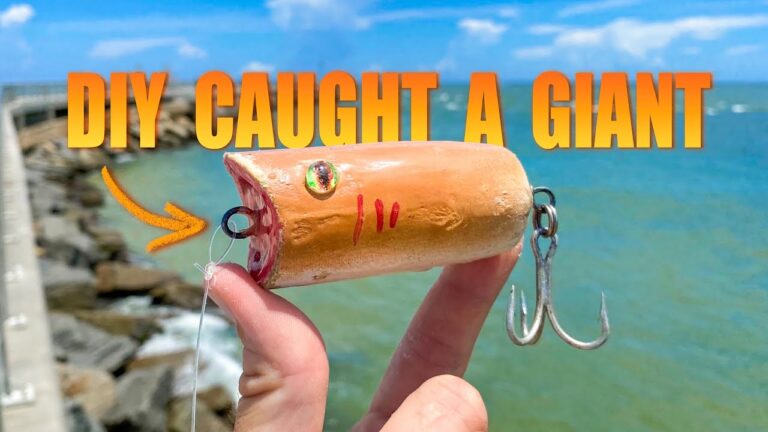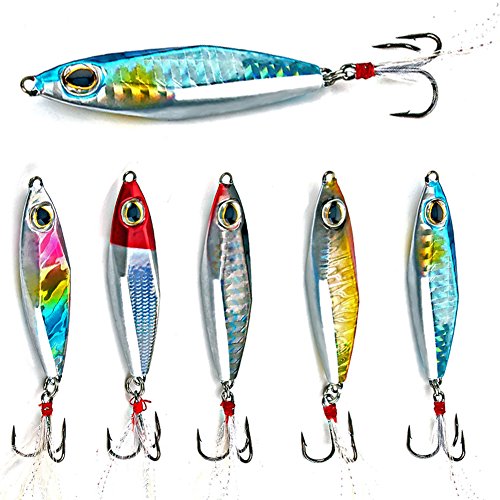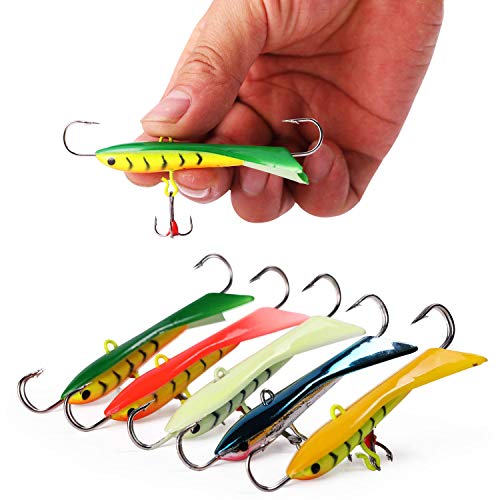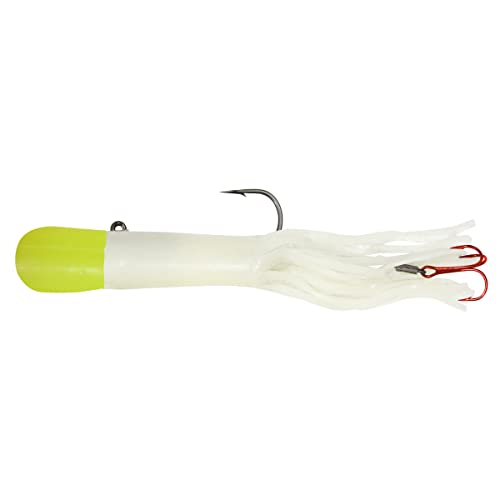Fishing is a fun and relaxing activity. It is even better when you know how to tie fishing hooks and lures. In this guide, we will show you simple steps to do it.
Why Tying Fishing Hooks And Lures Is Important
Tying hooks and lures correctly is very important. It helps you catch more fish. Bad knots can make you lose fish. Good knots make sure your hook stays on the line.
What You Need
Before we start, you need some basic items:
- Fishing Line
- Fishing Hooks
- Fishing Lures
- Scissors or Clippers
Basic Knots For Fishing Hooks
There are many knots you can use. Here are three simple ones:
Improved Clinch Knot
This knot is very popular. It is strong and easy to tie.
- Pass the line through the hook eye.
- Wrap the line around itself five times.
- Pass the end of the line through the first loop.
- Pass the end through the big loop.
- Pull tight and cut the extra line.
Now, your hook is ready to use.
Palomar Knot
This knot is also very strong. It is good for many types of fishing.
- Double your line to make a loop.
- Pass the loop through the hook eye.
- Tie a simple overhand knot with the loop.
- Pass the hook through the loop.
- Pull both ends to tighten the knot.
- Cut the extra line.
You have now tied a Palomar knot.
Loop Knot
This knot lets the hook move freely. It is good for live bait.
- Make a loop in the line.
- Pass the end of the line through the loop.
- Wrap the line around itself five times.
- Pass the end back through the loop.
- Pull tight and cut the extra line.
Your loop knot is now ready.

Credit: www.rapala.com
Basic Knots For Fishing Lures
Fishing lures need good knots too. Here are two simple knots:
Rapala Knot
This knot is named after the Rapala lure. It allows the lure to move naturally.
- Make a simple overhand knot in the line.
- Pass the end of the line through the lure eye.
- Pass the end back through the overhand knot.
- Wrap the line around itself three times.
- Pass the end through the overhand knot again.
- Pull tight and cut the extra line.
Your Rapala knot is ready for fishing.
Snell Knot
This knot is very strong. It is good for larger fish.
- Pass the line through the hook eye.
- Wrap the line around the hook shank and the hook eye.
- Wrap the line around itself five to seven times.
- Pass the end of the line back through the hook eye.
- Pull tight and cut the extra line.
You have now tied a Snell knot.

Credit: www.hmy.com
Tips For Tying Fishing Knots
Here are some tips to help you tie better knots:
- Wet the line before pulling tight. This makes the knot stronger.
- Practice tying knots at home. It will be easier on the water.
- Always check your knots before fishing. Make sure they are tight.
- Use good quality line and hooks. They work better and last longer.
Frequently Asked Questions
How Do You Tie A Fishing Hook To A Line?
Use an improved clinch knot. Thread the line, twist six times, pass through the loop, and pull tight.
What’s The Best Knot For Fishing Lures?
The Palomar knot works well. Double the line, pass through the eye, and tie an overhand knot.
Why Use A Loop Knot For Lures?
Loop knots allow lures to move freely. This provides better action and attracts more fish.
Can I Use The Same Knot For All Hooks?
No, different knots suit different hooks. Match the knot to your hook and line type.
Conclusion
Tying fishing hooks and lures is easy with practice. Use these simple steps and knots. You will catch more fish and have more fun. Happy fishing!




